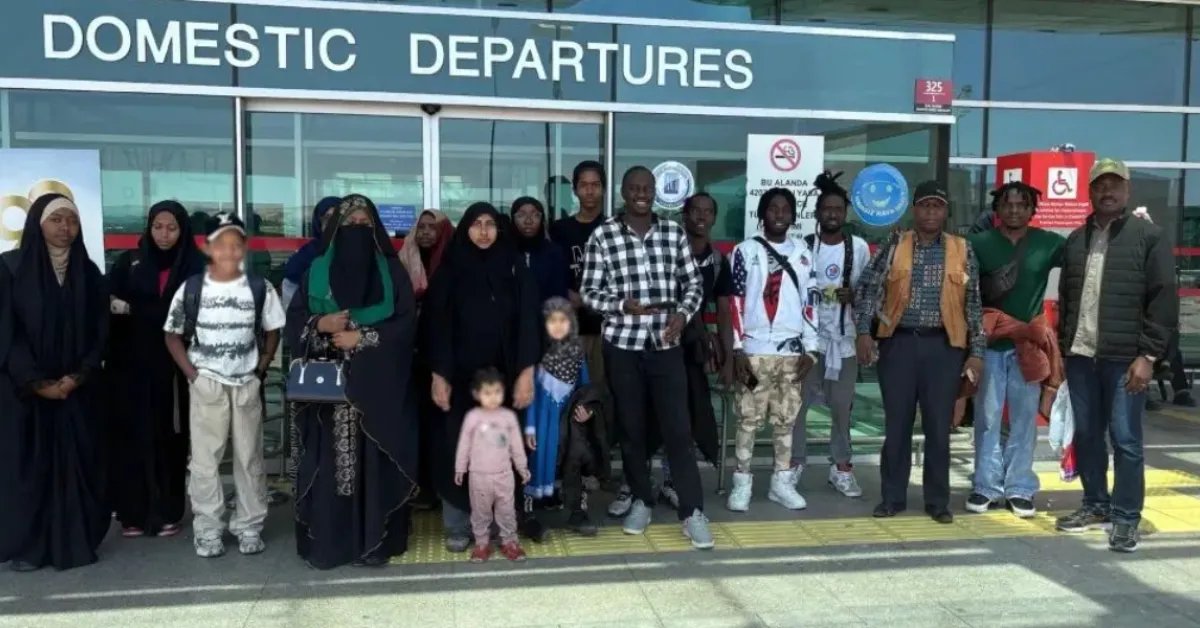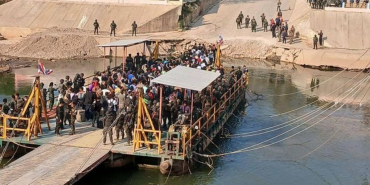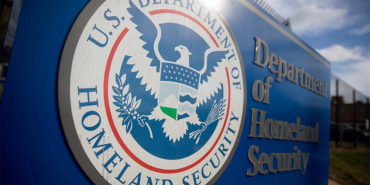First Batch of Kenyan Evacuees From Iran Lands at JKIA

Kenya has begun a phased evacuation of its citizens from Iran following recent escalations in regional hostilities between Tehran and Tel Aviv.
The first group of Kenyans arrived safely at Jomo Kenyatta International Airport on 29 June, marking a significant step in the government's efforts to protect its nationals in the region. The evacuation, coordinated by the State Department for Diaspora Affairs, highlights Kenya's proactive approach to managing crises involving its diaspora. Principal Secretary Roseline Kathure Njogu, who welcomed the returnees, acknowledged the collaborative efforts of inter-agency teams in Nairobi and embassy staff in Tehran and Ankara. This coordination was crucial in ensuring the safe passage of Kenyan citizens.
The operation was triggered by a period of heightened violence in the Middle East, prompted by Israeli air raids and subsequent retaliatory strikes from Iran. This 12-day period of conflict disrupted commercial air routes and posed risks to foreign nationals in the area. Despite a US-brokered ceasefire, the Kenyan government is proceeding with the evacuation as a precautionary measure. Before the evacuation, on 21 June, Kenyan authorities issued an urgent advisory urging all nationals in Israel and Iran to register with the respective diplomatic missions.
This call, disseminated through official channels and social media, is intended to streamline support in emergency situations. Registration allows the government to effectively track, contact, and coordinate with citizens in volatile environments.
Additional safety advisories, released on 18 and 19 June, advised Kenyans to limit movement, remain vigilant, and follow local instructions. The advisories also emphasised the importance of securing essential documents and maintaining emergency supplies.
Many Kenyans faced challenges, including communication disruptions and reduced access to essential services. The government's contingency planning has been vital in addressing these issues. While the total number of Kenyans awaiting evacuation has not been disclosed, officials have confirmed that further airlifts are planned. A multi-agency task force in Nairobi is managing logistics, citizen reintegration, and coordination with Kenyan missions in the Middle East. The Ministry of Foreign and Diaspora Affairs has reaffirmed its commitment to safeguarding nationals abroad and maintaining clear communication channels throughout the operation.
This evacuation draws parallels with the Lebanon-Israel crisis last year, during which the Kenyan government allocated KSh 100 million to repatriate stranded citizens. The events also highlight the expanding global footprint of the Kenyan diaspora. With a significant number of nationals working and studying in politically sensitive regions, the government faces a growing responsibility to mitigate the impact of international disruptions on its citizens. This intersection of foreign policy and consular protection is defining Kenya's role in a global landscape where national borders are increasingly permeable.
Other African nations have initiated similar evacuation efforts, reflecting a broader trend among Global South governments to prioritise the safety of their citizens abroad. The Kenyan government has provided specific contact information for citizens still in the region. Kenyans in Iran are advised to contact the Nairobi mission in Tehran, while those in Israel can reach out to the embassy in Tel Aviv. The State Department has also established hotlines and email addresses for broader coordination.
Speaking on behalf of the State Department, PS Njogu reiterated the government's unwavering commitment to these operations, emphasising that evacuation remains a "multi-agency priority" in the face of evolving conditions. Her updates, shared via social media, aim to provide transparency and reassurance to citizens both at home and abroad.














Comments
"First Batch" who writes…
Permalink
"First Batch" who writes these articles?
Add new comment